Medicare will fund these CPAP machine and supplies if you fulfill specific conditions. Nevertheless, you will generally be responsible for a portion of the expense of your CPAP equipment.
Suppose you have obstructive sleep apnea (OSA). In that case, the CPAP machines pushes oxygen into your airway to assist you in overcoming breathing pauses or blockages that might cause your oxygen levels to plummet.
Continuous positive airway pressure (CPAP) machines are medical devices that provide additional oxygen with some effort.
How Can I Be Considered For Coverage?
Your doctor must make the OSA diagnosis for Medicare to pay for the CPAP machine and supplies. In many cases, a sleep study is necessary. Additionally, sleep studies are cost-covered by Medicare Part B.
Medicare will pay for a 3-month trial of a CPAP machine and supplies if you have just received an OSA diagnosis. Medicare will continue to pay for your CPAP machine if your doctor certifies that CPAP therapy improves your condition and issues a prescription for ongoing treatment.
Does Insurance cover CPAP machines and other PAP therapies to treat sleep apnea?
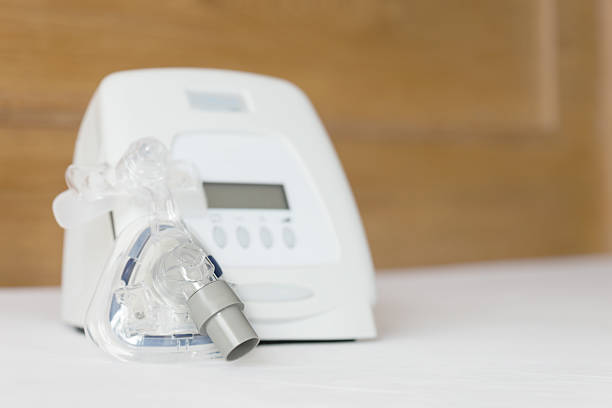
Yes, If you have been diagnosed with obstructive sleep apnea and fulfill one of the following conditions, Medicare will pay for a 3-month trial of CPAP machine and supplies.
- AHI or RDI > 15 occurrences per hour, with at least 30 events, or
- AHI or RDI > 5 to 14 incidents each hour, at least 10 of which are documented, with proof of
- Drowsiness throughout the day that is excessive, poor cognition, emotional issues, or insomnia; or
- Ischemic heart disease, hypertension, or a history of stroke
Medicare Cover CPAP machines and furthermore needs both:
- Before doing a sleep test to check for OSA, the patient must have a face-to-face clinical examination by the treating physician.
- The CPAP supplier gave the patient or caregiver instructions on how to use and maintain CPAP.
Provided your 3-month PAP trial is adequate, Medicare may continue to pay you if the following conditions are satisfied:
- A clinical re-evaluation is conducted between the 31st and the 91st day after the commencement of treatment.
- The attending physician certifies that the patient is gaining from treatment.
- The treating physician examines the usage’s unbiased supporting documentation.
The CPAP machine and supplies may provide the objective data via a direct data download or by a visual evaluation of the use data documentation delivered in a written report examined by the doctor and included in the patient’s medical file.
Many other insurance providers are now requesting to use documentation before continuing to pay for the device.
The patient fails the trial period if treatment adherence is not verified during the first three months. Home sleep testing is insufficient if the patient wishes to restart treatment; they must start the procedure again with a fresh in-person assessment and in-center sleep study.
What Coverage Is Provided by Medicare for CPAP Machine and Supplies?
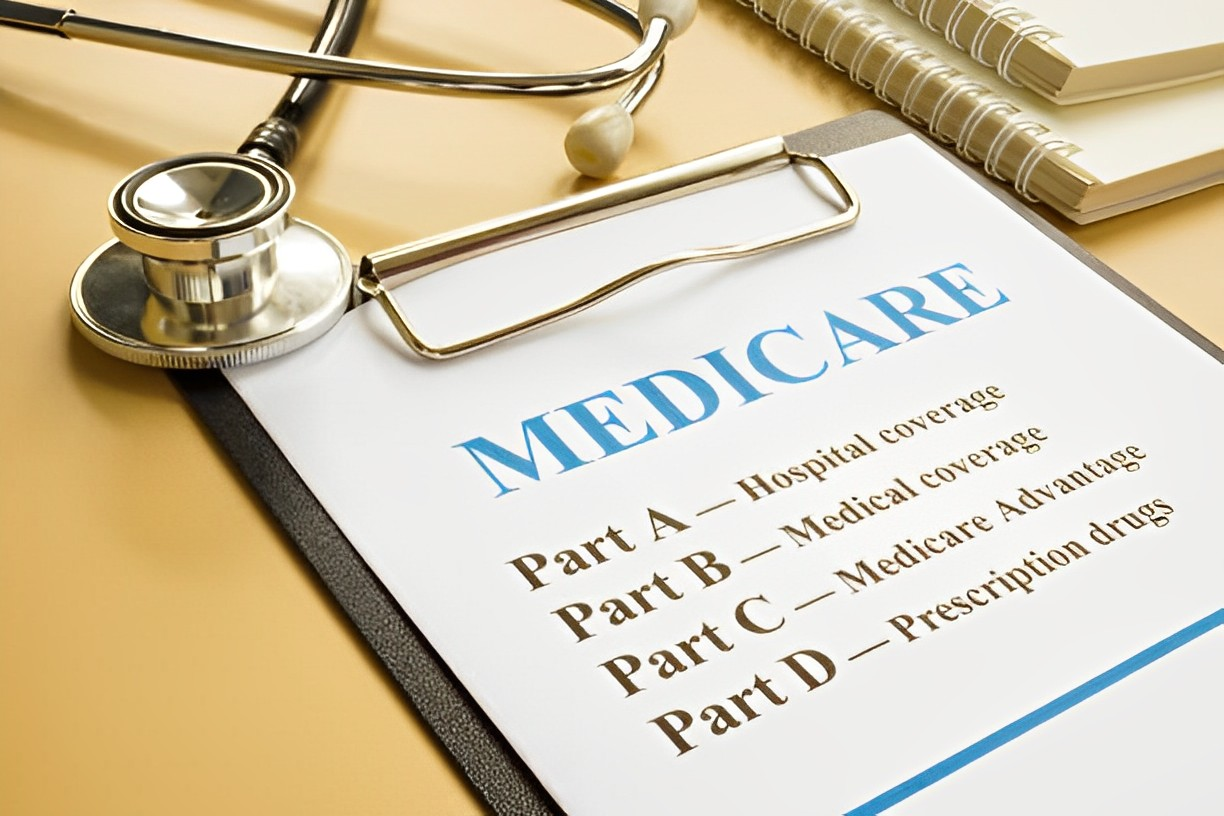
Medicare Original provides coverage for CPAP machines. Original Medicare includes Parts A (hospital insurance) and B (medical insurance). Part B of Medicare covers the cost of durable medical equipment (DME), such as CPAP machines.
To get your CPAP machine and supplies reimbursed by Medicare, you must ensure that your doctor and equipment supplier are Medicare participants. Here you may search for Medicare-approved providers and suppliers in your area.
You must ensure that your Medicare Part B premiums are current and that your yearly deductible has been reached. After satisfying this annual deductible, you are responsible for 20% of the Medicare-approved price for eligible equipment.
How Much Does insurance Cover CPAP Machine And Other PAP Devices?
Medicare typically pays 80 percent of the expenses associated with obstructive sleep apnea CPAP machines. The Part B deductible is in effect. You may pay less or owe nothing if you have Medicaid as your secondary payer.
CPAP machines and treatment are often covered by Medicare Advantage project since these plans must provide at least the same coverage as Original Medicare.
Before the insurer pays for a sleep study or CPAP equipment, many Medicare Advantage plans need physicians to file an authorization request.
Medicare initially covers the new CPAP machine for a three-month trial period if you have been diagnosed with severe sleep apnea. This is because CPAP therapy is not adequate for everyone.
Medicare may prolong coverage if your physician finds that the treatment is beneficial.
After this trial period of three months, you will be responsible for 20% of the Medicare-approved amount for CPAP machine rental as durable medical equipment. The equipment provider will give you CPAP machine use instructions.
Medicare pays its portion to the supplier for the 13-month rental of the gadget. After then, you are the only owner of the machine.
You must rent your severe sleep apnea equipment from a Medicare-enrolled provider, and the doctor who prescribes it must also accept Medicare. Medicare will typically pay for a replacement CPAP machine every five years.
Medicare might reimburse a portion of the rental and accessory fees for a replacement CPAP machine if you owned a device before participating in the program.
What If I Am Enrolled In Medicare Advantage Plan?
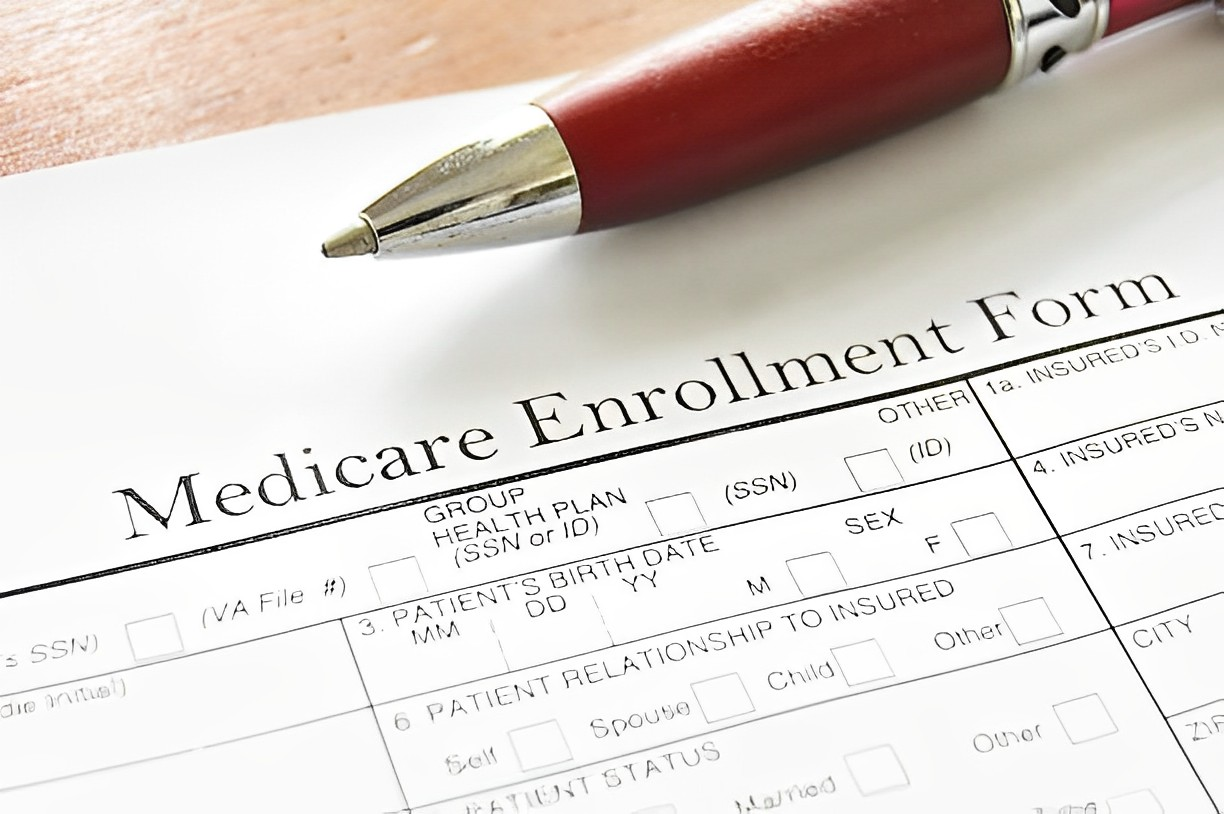
Medicare Advantage (Part C) plans are commercial insurance products that, depending on the plan, combine traditional Medicare benefits with a few extras.
These kinds of insurances could provide extra protection for medical supplies and services covered by Medicare Part B. The cost of these CPAP machines will vary depending on your chosen plan and the monthly premium you can afford for the additional coverage.
Depending on their network, the suppliers and providers you choose may be subject to extra limits and requirements under specific Medicare Advantage plans.
Which CPAP Machine And Supplies Are Specifically Covered?
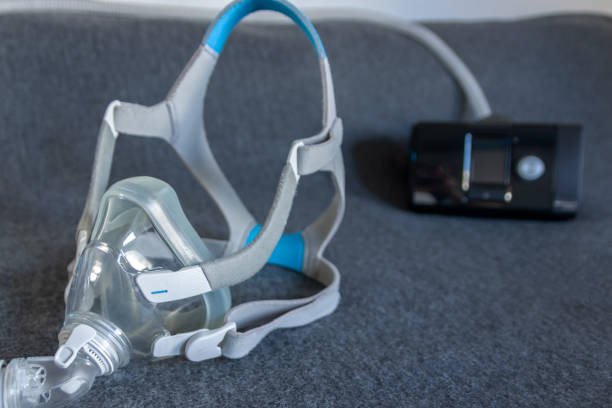
After you’ve reached your deductible, Medicare will pay 80% of the cost of the following equipment if your doctor prescribes CPAP therapy for you:
- You may rent a CPAP machine for a 3-month trial period if you’ve just been diagnosed.
- If you have been continuously using it, you may rent a CPAP machine for 13 months; after that, you will own the device.
- While utilizing the machine, you wear a mask or a nosepiece.
- Tube to connect the machine and the mask or nose piece
Only if your doctor and supplier take part in the Medicare program does this Medicare coverage apply to you. Medicare may want you to cover the complete amount upfront before making payment.
You can be required to pay more than 20% of the cost or the total price if the quantity of your equipment exceeds what Medicare permits or if your supplier doesn’t accept Medicare.
How Frequently Does Medicare Cover CPAP Replacements?
Medicare has specific guidelines for the replacement of CPAP machine and supplies. If you are new to Medicare and already have a CPAP machine, Medicare will pay the cost of the equipment that works with it.
After thirteen months, you will own your CPAP machine, although it should last many years. After this period, you may have it replaced with your medical coverage.
Other sources are less sustainable and require more regular renewal. Medicare will cover a portion of some CPAP supplies the following number of times each year, as determined by the Department of Health and Human Services:
- Humidifier water chamber: twice annually
- Reusable filters: 2 times per year
- Chinstrap: Twice yearly
- Headgear: Twice per year
- CPAP tube with a heating element: once every four months
- CPAP oral/nasal combination mask: four times annually
- Full face mask: four times yearly
- Nasal interface: four times annually
- Tubing: four times annually
- Full face mask interface: twelve times yearly
- Cushion for nasal mask interface: every 24 times per year
- Nasal pillows: twenty-four times a year
- Disposable filter: 24 times per year
- Replacing oral cushion for oral/nasal mask: 24 times per year
- Replacing nasal pillows for oral/nasal mask, one pair: 24 times a year
Ongoing Costs Are Associated With CPAP Treatment
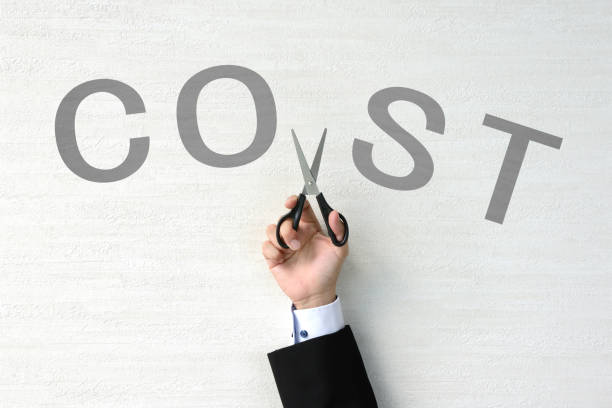
CPAP therapy involves the periodic purchase of replacement supplies, such as masks, filters, headgear, the water reservoir in the humidifier, and the tubing that links your face mask to the CPAP machine.
Medicare has an established timetable for replacing medical supplies and covers them at varying intervals. Your CPAP provider should be ready to work with you to optimize the timing of these orders.
Part B of Medicare may not cover all supplies. Ensure that you have complete knowledge of the extra items that will be required.
How Do I Choose An Appropriate CPAP Machine?
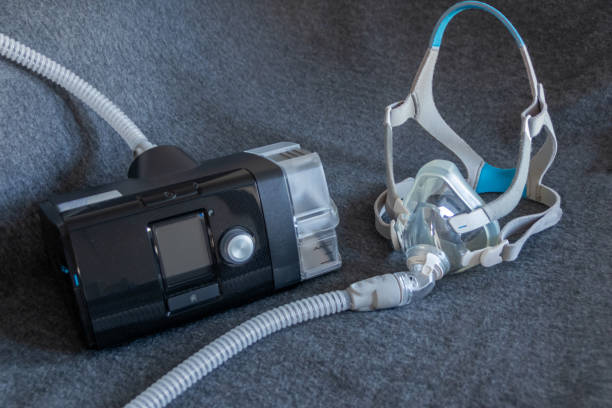
A CPAP machine cannot be purchased from a local general retailer. Your physician or respiratory therapist may prescribe a particular device and suggest a provider.
Consider the following factors while purchasing a CPAP machine:
- Your choices regarding a nose piece vs. a complete face mask.
- Your living conditions and sleeping routines
- Your specific medical requirements
Any particular qualities you may want, such as a small size for travel, a quiet engine, or an integrated humidifier to avoid dry mouth and nose.
Your physician will prescribe a CPAP machine with specific objectives and settings. Your selection should correspond to these requirements, and your provider should have a copy of your physician’s prescription to verify that you get the proper size and device.
Conclusion
To qualify for CPAP coverage for central sleep apnea, your doctor or personal sleep specialist must diagnose you with the condition. Typically, this involves a sleep study. Medicare Part B also covers the expense of sleep testing.
Medicare will fund a three-month trial of a CPAP machine cost if you have been recently diagnosed with OSA. They will continue to reimburse your CPAP machine if your doctor verifies that CPAP therapy improves your condition and prescribes ongoing treatment.




